
Why You Need An Asset Protection Lawyer
Why You Need An Asset Protection Lawyer In today’s uncertain economic landscape, safeguarding your assets has never been more crucial. For residents of New York


Home » Blog

Why You Need An Asset Protection Lawyer In today’s uncertain economic landscape, safeguarding your assets has never been more crucial. For residents of New York

Ensuring Security for Disabled Children with Special Needs Trusts For families with disabled children, securing their future is a paramount concern. In New York City,

Is it Profitable to Invest with a Trust? Investing through trust has become an increasingly popular strategy for those looking to manage their wealth more

Medicaid Planning in New York: A Comprehensive Guide As we navigate the complexities of aging and healthcare in New York, Medicaid planning emerges as a

How Do I Protect My Assets From Potential Future Divorce Claims? In the face of marital dissolution, protecting your assets becomes a paramount concern. At
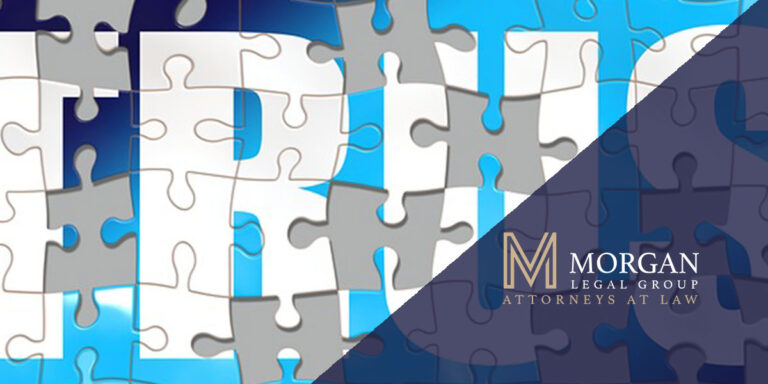
Can I Avoid the Need for a Prenup Using a Trust? As couples prepare for marriage, discussing financial planning and asset protection often leads to
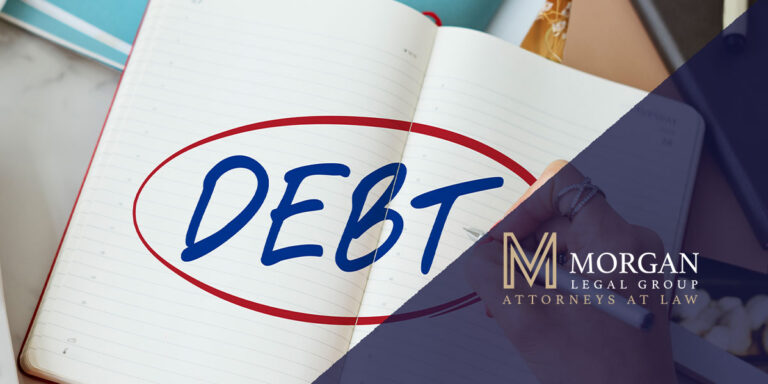
What Happens to Your Debt When You Die? One of the most common concerns that clients bring to our attention at Morgan Legal Group in

How Can Cryptocurrency Keep Your Assets Safe in 2024? As we approach 2024, the financial landscape continues to evolve, with cryptocurrency emerging as a pivotal
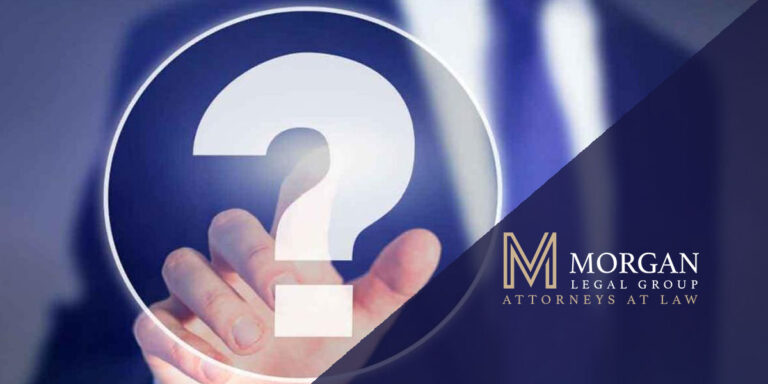
Why Is Everyone Talking About ILITs? In the evolving landscape of estate planning, Irrevocable Life Insurance Trusts (ILITs) have emerged as a buzz-worthy topic among

Maximizing Asset Protection for Your Retirement As you approach retirement, protecting your assets becomes increasingly crucial. In the complex legal landscape of New York, securing

Demystifying Special Needs Trusts Special Needs Trusts (SNTs) are essential estate planning tools designed to provide for the needs of individuals with disabilities without jeopardizing
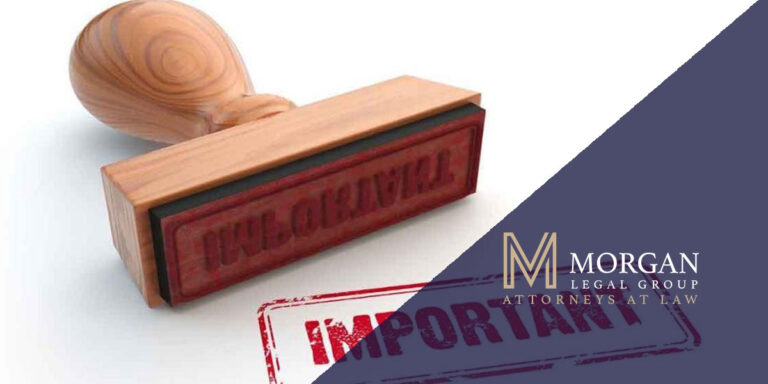
Planning For Your Retirement Lifestyle is of Vital Importance As we navigate through life’s stages, planning for retirement emerges as a crucial aspect of securing

Does Being Blind, Mute, or Deaf Make You Legally Incapable? Understanding the intersection of disability and legal capacity is crucial for ensuring that all individuals,
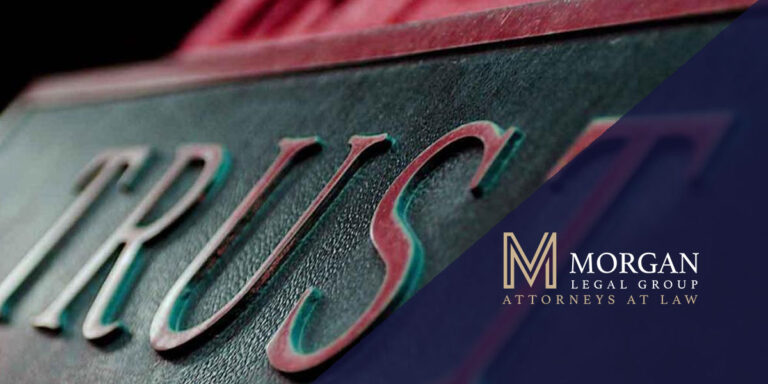
Do I Need A Will, A Trust, Or Both? Understanding the distinctions and benefits of wills and trusts is crucial for effective estate planning. In

Elder Law in New York 2024: A Comprehensive Guide As the population ages, the importance of elder law—an area focusing on the legal needs of
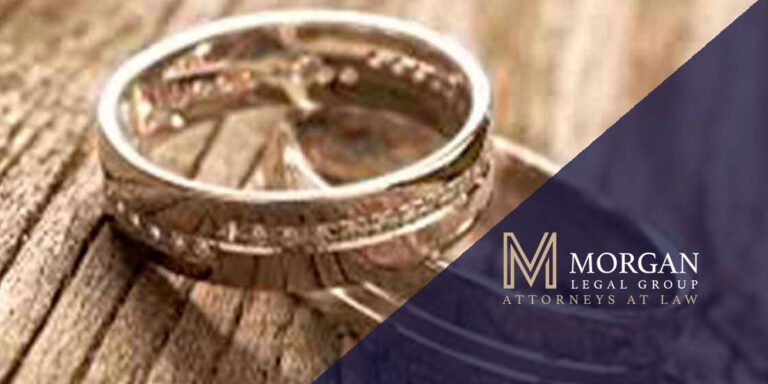
Investigating the Spousal Lifetime Access Trust (SLAT) in New York The Spousal Lifetime Access Trust (SLAT) represents a strategic estate planning tool that offers married

Understanding Trust Costs in New York for 2024 Setting up a trust in New York City is a strategic decision for estate planning, offering benefits
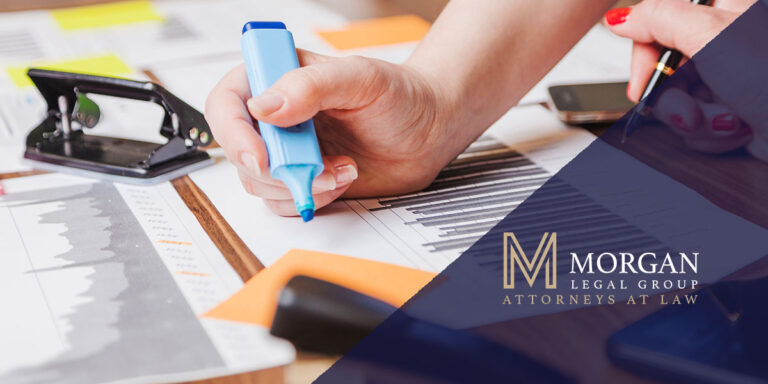
Probate Process in New York 2024: A Comprehensive Guide The probate process often seems daunting, but with the right expertise, it can be navigated smoothly.

Elder Law in NYC 2024: Navigating Legal Challenges with Morgan Legal Group As 2024 approaches, navigating the complexities of elder law in New York City

Comprehensive Guide to Probate in New York 2024 As we step into 2024, the probate process in New York City continues to be a pivotal

Estate Planning in New York 2024: A Comprehensive Guide by Morgan Legal Group The landscape of estate planning in New York is ever-evolving, with 2024

Can a POA Cash in a Life Insurance Policy in New York? A Power of Attorney (POA) is a legal document that grants an individual,
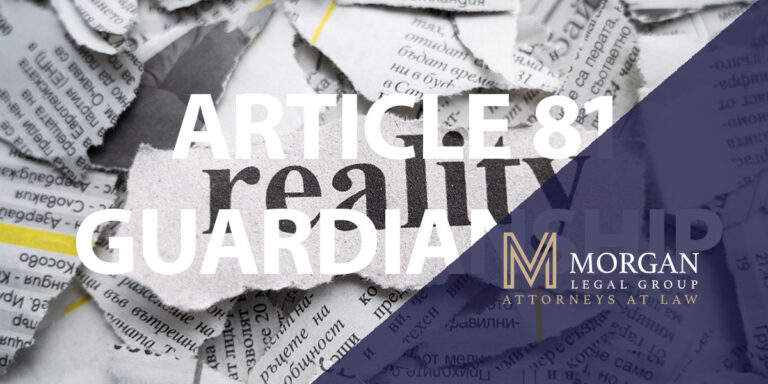
Article 81 Guardianship in New York Article 81 guardianship in New York plays a crucial role in safeguarding the interests of incapacitated individuals. As we

Transfer of Your Home and Medicaid Eligibility 2024 When it comes to Medicaid eligibility in New York in 2024, the transfer of your home can
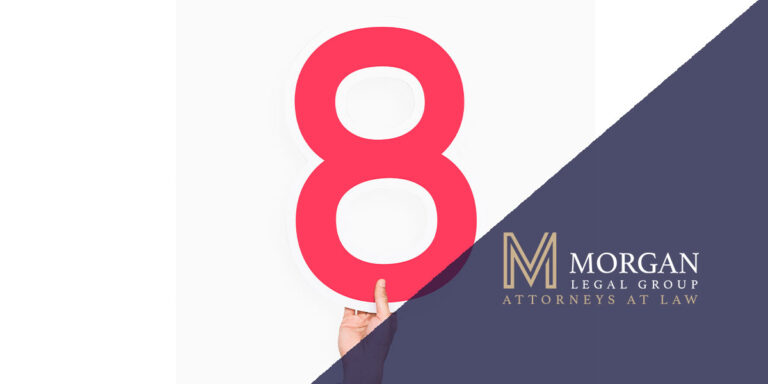
Estate Planning Process in New York 2024 Estate planning is a vital process that allows individuals to protect their assets and ensure their wishes are

Who Owns the Property in a Revocable Trust in New York? In estate planning, a revocable trust is a commonly used legal instrument that allows
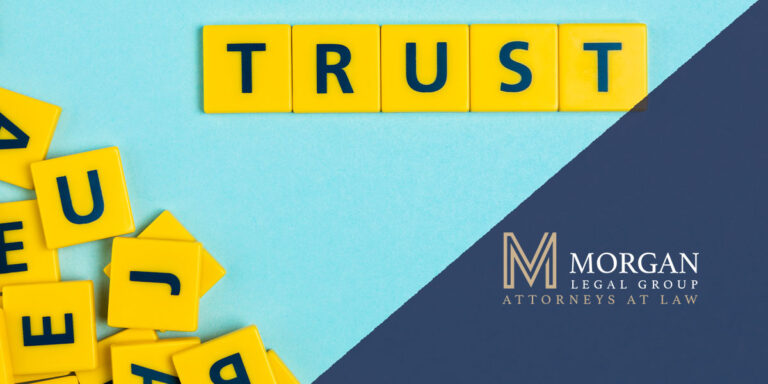
Is Trust Better Than Inheritance in New York? When planning to transfer assets to future generations in New York, individuals often decide between establishing a

Putting a House in Trust in New York: What Does It Mean? Putting a house in trust in New York involves transferring the ownership of

How Can an Estate Lawyer Help a Plumbing Company? While estate lawyers are typically associated with individual estate planning and probate matters, they can also

Can I Gift My House to My Daughter and Still Live in It in New York? Gifting your house to your daughter while retaining the
Ⓒ 2025 - All Rights Are Reserved | Privacy Policy | Estate Planning Attorney NYC | Sitemap